HEALTH AND SAFETY
FOOD SAMPLING & SAFETY REGULATIONS
If you are cooking or sampling on your stand it is essential that you read and comply with the following regulations. Failure to do so could result in Environmental Health Officers terminating your sampling/ cooking activities. The e-Guide contains a complete list of Food Safety regulations.
Compulsory Requirements
- Declare what you are cooking and/or sampling on the Compulsory Health & Safety Declaration Form. Following submission of this form you will be sent further information depending on whether you are sampling low, medium or high risk foods, which will include any additional information required e.g. HACCP, Temperature Control Measures, Hand Wash Facilities etc.
- Provide allergen information specific to the food/drink being sampled. This information must also be displayed / available on the stand.
Alcohol - Sampling & Serving
You can only supply samples of alcohol that are your own product or that of a stand sharer. In compliance with current legislation both the sale and supply of alcohol must be licensed under The Licensing Act (2003), therefore, sampling is also a licensable activity. If you wish to supply alcohol (except that provided by the official caterers, ‘Host’ by Gather & Gather), whether for on-site or off-site consumption, you must adhere to the sampling sizes and supply the name of a Personal Licence holder, together with a copy of their licence. If you require more information on Personal Licence Holders, please contact bethany.duffield@montgomerygroup.com.
Under the terms of the Licensing Act 2003, the venue stipulates that all stand holders serving and / or sampling alcohol must notify the Organisers by completing the Alcohol Sampling Form. Please take note of the restrictions on the form. For more information please visit: www.legislation.gov.uk/ukpga/2003/17/contents
Corkage Fee
If you supply alcohol that is not your product and has been purchased elsewhere, the venue will charge a ‘Corkage Fee’ based on the costs below. Once you have paid the corkage fee on alcoholic drinks ‘Host’ will become the licensee covering your stand and you will be briefed on the relevant licensing legislation.
| Champagne | (70cl) £21.00 per bottle |
| Sparkling Wine | (70cl) £16.00 per bottle |
| Wines | (70cl) £10.50 per bottle |
| Spirits | (70cl) £32.00 per bottle |
| Beers | (275ml) £1.60 per can/bottle |
| Soft Drinks and Mixers | (330ml) £1.60 per can/bottle |
| Fruit Juices and Mineral Water | £1.60 per Litre |
Alcohol Wholesaler Registration Scheme (AWRS)
Do you produce or sell alcohol wholesale? If you sell alcohol to another business, you may need to apply to register for Alcohol Wholesaler Registration Scheme (AWRS).
Do you buy alcohol to sell to others? If you buy alcohol from UK suppliers to sell to others, you must check that your supplier has been approved under the Alcohol Wholesaler Registration Scheme (AWRS). Ask your supplier to tell you their AWRS Unique Reference Number (URN); they will also show the URN on their invoices.
You will need to keep records to prove you have checked that your supplier is approved, so you don’t inadvertently become involved in selling ‘duty unpaid’ alcohol.
For more information at: www.gov.uk/guidance/the-alcohol-wholesaler-registration-scheme-awrs
Allergen Law
Food Information Regulations state that all food service businesses must to be able to supply details of the product contents that contain any of the 14 recognised allergens within the ranges they serve. Any stand offering food and/or drink is by law categorised as a food premises and must therefore comply with these regulations. Signage should be in place on the stand to direct customers on how to obtain this allergen information.
Click here for an Allergen Information Template
Click here for the Official Government Website
Accurate and verifiable food allergen information must be readily available (this can be in the form of original packaging).
Cooking on Stands
If you are cooking on your stand, please declare this on the Compulsory Health & Safety Declaration Form.
You will be required to comply with Food Safety & Hygiene Regulations. Details must be provided as part of your Exhibiting Company Risk Assessment, including methods of storage, washing facilities, stand layout and type of appliance to be used in the cooking and sent to the Organisers no later than Friday 22 July 2022.
Appliances that run on Liquefied Petroleum Gas (LPG) are NOT permitted. Mains gas or electricity only may be used. Gas-fired cooking and heating appliances must be installed by Gas Safe registered fitters.
NB: Disposal of oil - please DO NOT dispose of your oil into the venue’s drainage system either on the stand or in any of the wash rooms. Used oil should be transferred to a suitable container and disposed of in the bin provided in the communal wash up areas.
First Aid Equipment
Each stand or kitchen where open food is handled, prepared or dispensed must hold a suitable and sufficient First Aid Kit including blue plasters (complying with the Health and Safety First Aid Regulations).
Food Legislation
All food businesses must comply with current (UK & EU) Food Safety Legislation, details of which can be found using the following link: www.food.gov.uk/enforcement/regulation.
All exhibitors carrying out food operations should be registered as food businesses with their local authority (UK). This should be completed 28 days before ‘food operations’ take place.
Food operations include as least one of the following activities:
- Cooking food
- Storing or handling food
- Preparing food
- Distributing food
- Supplying food for sampling
Food Hygiene Regulations - EHO visit
Any exhibitor, who is cooking on the stand and / or offering their products as samples to visitors, must make sure they comply with all current Food Hygiene Regulations.
Montgomery Events employ the services of an independent Environmental Health Officer to carry out a food hygiene audit during the 2 day open period.
In addition to this, officers from the Local Authority may be onsite at any time during our tenancy, carrying out inspections. They have the authority to close stands, or to ask you to cease sampling, if they are not satisfied that standards are being met.
Food Risk Assessments - HACCPS
Any company bringing food into the venue and offering it as samples to visitors should undertake a Food Risk Assessment (HACCP- Hazard Analysis & Critical Control Point). Please follow the link for a HACCP How To, Example & Template or for the HACCP template only please click here.
HACCPS should be completed with your overall Risk Assessment and the main steps include:
- Identifying hazards
- Defining control measures
- Establishing if they are critical
- Setting targets and limits for critical control points
- Monitoring if necessary
For more information on HACCPS, please visit https://www.food.gov.uk/business-industry/food-hygiene/haccp.
It is the responsibility of each exhibitor to assess the extent of their operation and ensure that adequate and suitable washing facilities and refrigerated/frozen facilities are provided.
Food Safety
Stands will not be permitted to process or serve food if they are in poor hygienic condition or pose an imminent risk of contamination to food or an imminent risk to health.
Stands/kitchens/food preparation and dispensing areas must be in good order to ensure they can easily be cleaned and maintained in a hygienic state of repair. All surfaces likely to be used during the event should be non-porous and easily cleansable.
Anyone processing food must be able to identify the risks associated with their operation. The Government has developed a range of food safety management packs for different sectors of the food industry to help food business operators manage their food safety management procedures. These include Safer Food Better Business which is particularly relevant to smaller companies. For a full list of the management systems please click here.
All staff engaged in food handling must be properly trained, appropriate to their duties, and supervised to ensure they work hygienically. Evidence of this training may be required for inspection, so all relevant documentation should be made available onsite.
Key controls expected by venues where exhibitors are serving food within the confines of the venue must cover the following:
- Delivery
- Storage
- Preparation and display
- Hot or cold food holding
Click here for more detailed information on the controls required for the above. These controls should be detailed on a HACCP (Hazard Analysis, Control & Monitoring for the Preparation, Cooking, Storage and Serving of Foods).
Importation of Food Products into the UK
When you import food into the UK for commercial purposes, you need to familiarise yourself with regulations that apply to specific products and with more general rules about things such as labelling and additives.
We suggest that you consult the Food Standards Agency website for useful information: www.food.gov.uk or alternatively contact our official Freight Forwarding Agents.
Personal Hygiene
All food handlers working with open food must:
- Keep their hands clean and cover any cuts with a blue, waterproof dressing.
- Wear clean and washable over-clothing.
- Keep personal clothing and bags out of areas where open food is handled unless it is stored in a cupboard.
- Change gloves (where used) regularly and wash hands in between
- Not handle open food when suffering, and within 48 hours of suffering from gastro-enteritis, dysentery, any infection, boils or septic cuts etc. likely to cause food poisoning. They should contact their doctor immediately.
Penalties
Environmental Health Officers may make an inspection of stands. Failure to comply with the requirements of the legislation may result in formal action being taken and likely stopping of sampling activity or even closure of the stand. A person found guilty of an offence is liable to a fine or imprisonment or both.
If you require any further information, please contact:
Environmental Health Office, Hammersmith and Fulham Council T: +44 (0)20 8753 1081
Sampling Requirements and Conditions
All samples must be given Free of Charge and must adhere to the following sizes:
| Unwrapped Food - “bite size” portions |
|
| Individually wrapped items – off-site consumption only |
|
| Soft and Hot Drinks | - 50ml (1.75 fl oz) |
| Beers/Ciders or similar | - 50ml (1.75 fl oz) |
| Wine/Fortified wines/Champagne/alcopops / similar | - 25ml (0.9 fl oz) |
| Spirits and similar | - 5ml (0.18 fl oz) |
In addition…..
- Any proposed sampling activity must be declared on the Health & Safety Declaration Form.
- You must complete a HACCP - Food Safety Risk Assessment (Hazard Analysis, Control & Monitoring for the Preparation, Cooking, Storage and Serving of Foods).
- You must make adequate provision for food safety on the stand. Environmental Health Officers will be visiting the show and will have the authority to stop sampling activity if necessary.
- Sampling must be carried out in such a way that visitors do not touch food that other people will eat, in order to minimise the risk of cross-contamination. The guidelines to follow are:
- Samples should be placed where the exhibitors can see it to supervise visitors and clearly segregated from other stock.
- Samples should be offered to visitors from individual, disposable plates or small bowls.
- Avoid using food items eg breadsticks to sample food from dishes/bowls such as a sauce or chutney due to the possibility that it could break off into the sample and visitors could put fingers into the food to retrieve broken pieces.
- Large bowls or mounds of food for sampling must not be used, as this increases the risk of visitors touching food others visitors will eat.
- Customers should not be allowed to ‘double dip’ sampling sticks/spoons/food items.
- Bowls, dishes or plates should not be topped up unless they have been properly cleaned before being replenished.
- Provide a bin or rubbish bowl for visitors to place any discarded items, such as stones, from food or sampling sticks/utensils.
- Accurate and verifiable food allergen information must be readily available (this can be in the form of original packaging)
If, in the opinion of the Olympia Catering Department, an exhibitor contravenes sampling sizes or provides food and drink to visitors as hospitality that has not been purchased from Host, they reserve the right to charge the exhibitor a corkage or concession fee. Please contact Host for more information.
Washing Facilities
There are two communal wash-up areas within the show. These wash up areas are specifically for utensil washing, if required hand wash facilities must be made available on your stand. Once you have completed and returned your Compulsory Health and Safety Declaration detailing the products you will be sampling you will be advised if hand wash facilities are required.
Please Note – hand wash facilities can be provided in a number of different ways and do not necessarily involve the space and cost requirements of a plumbed-in facility. For more advice, please contact bethany.duffield@montgomerygroup.com.



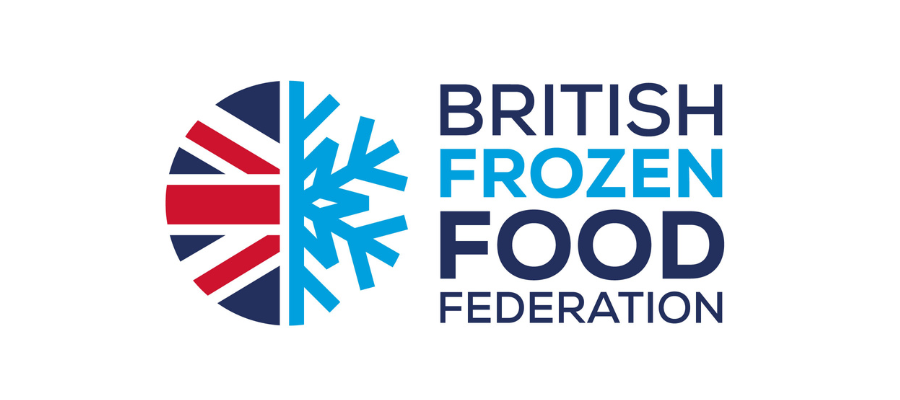
.png)
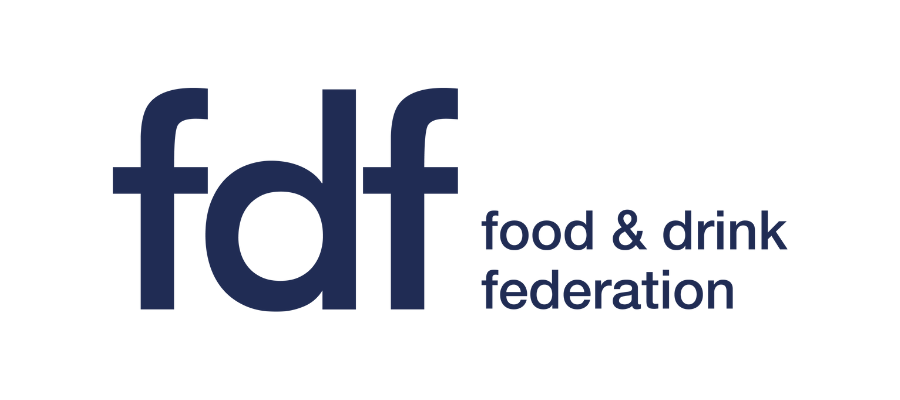

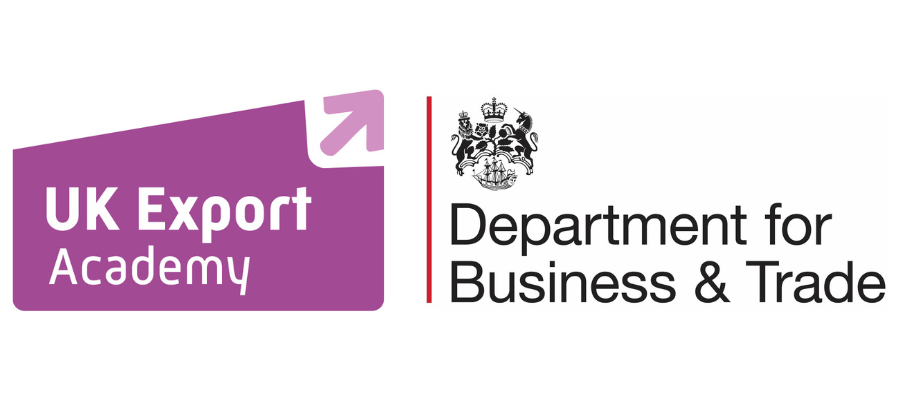
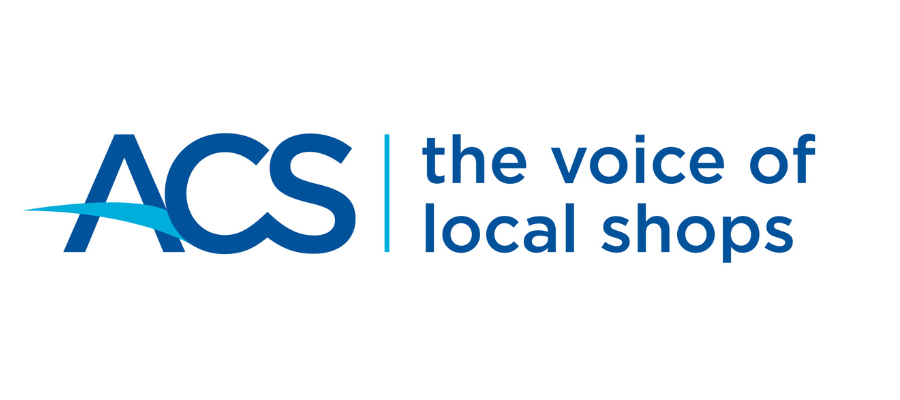
.png)
---Edited-(2).png)
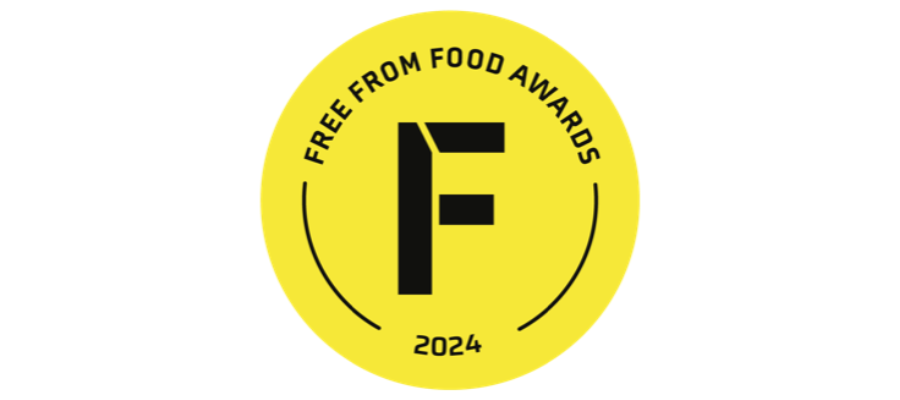
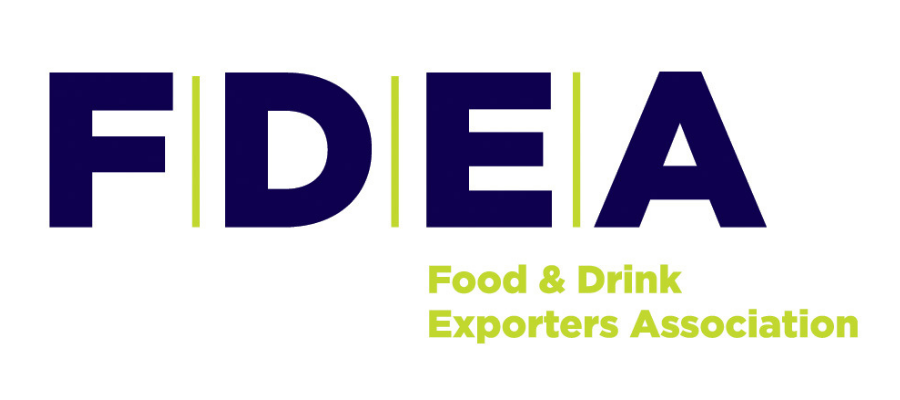
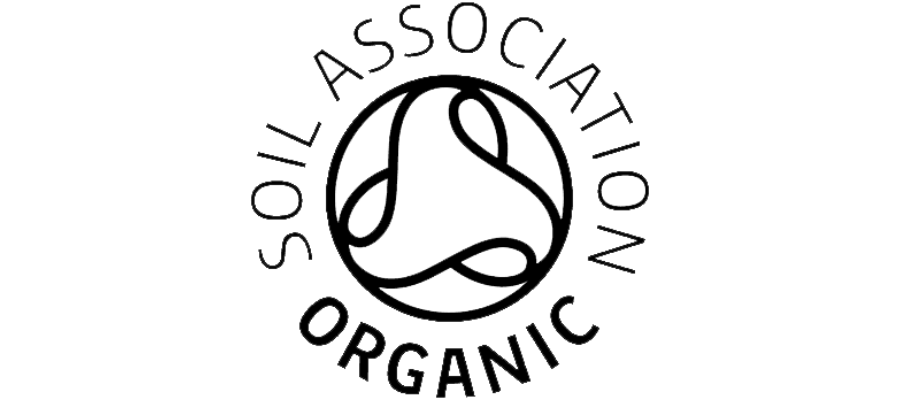
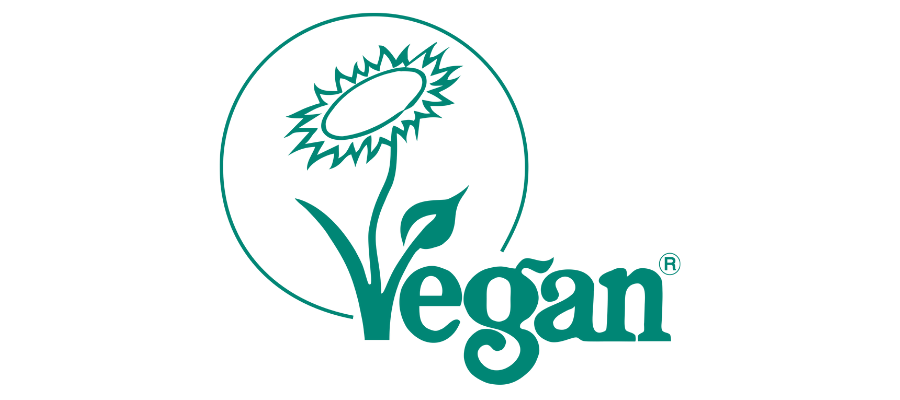
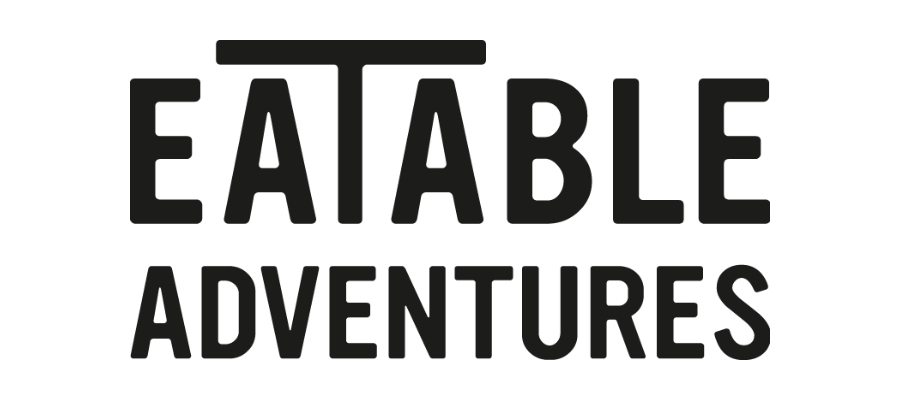
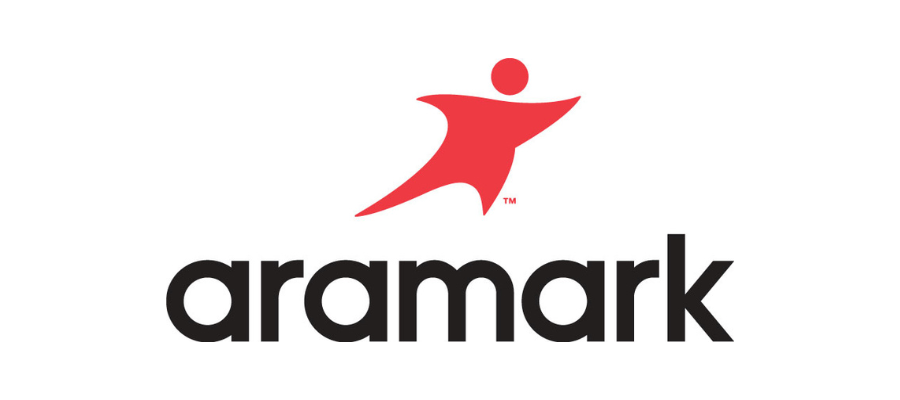
-(1200-×-630px).png)
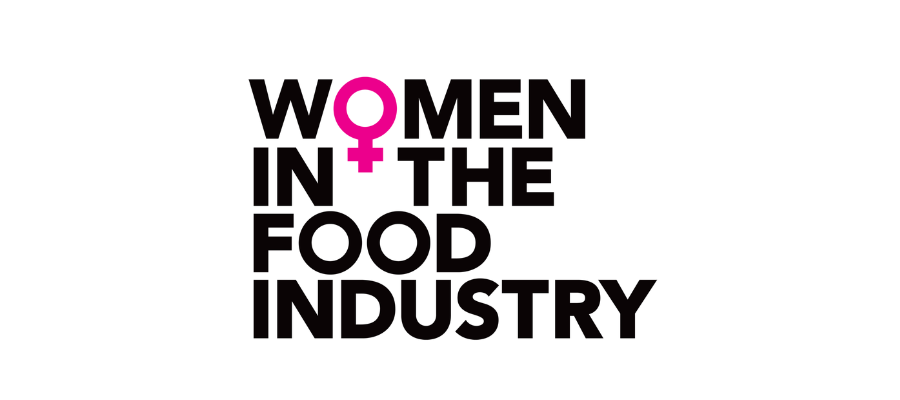

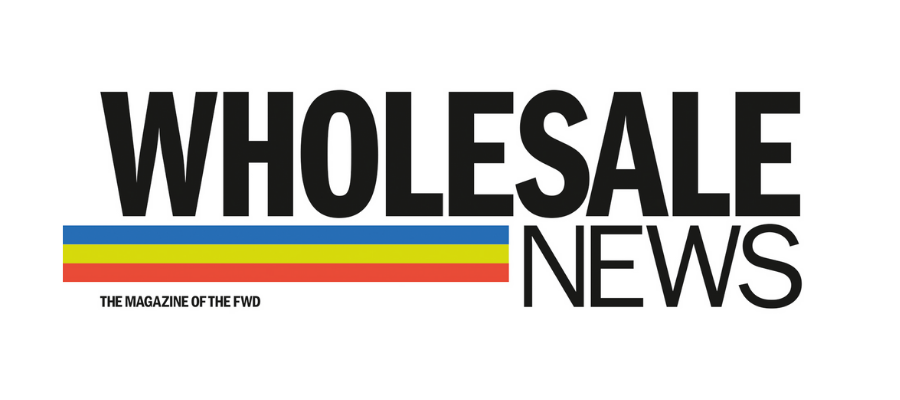
.png)

.png)
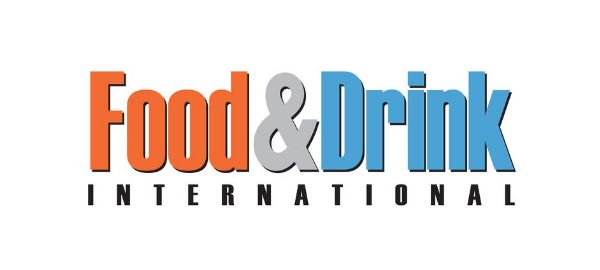
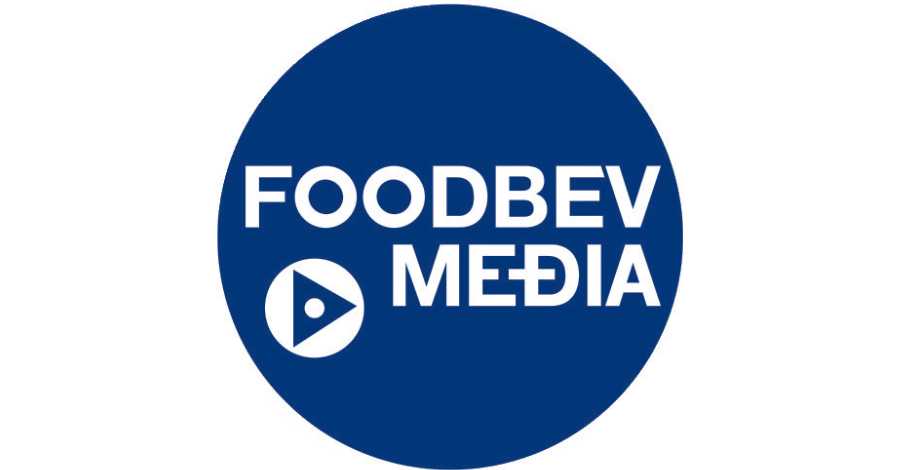
.png)
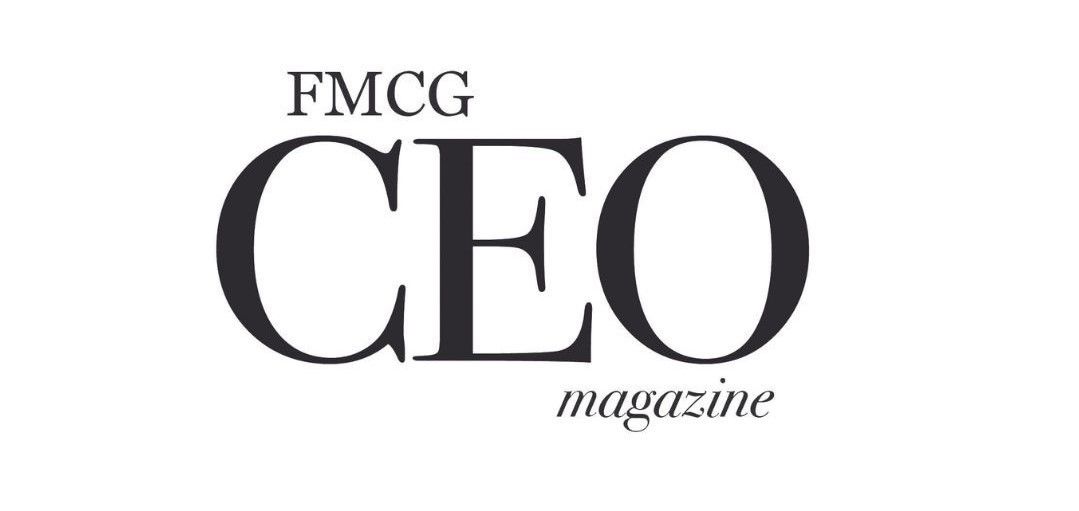
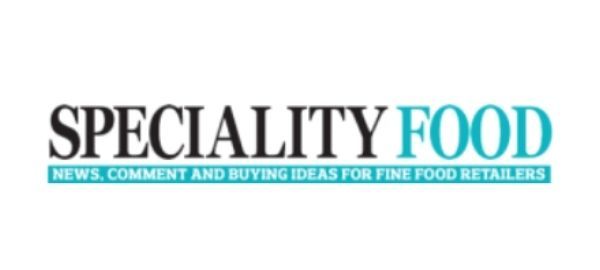
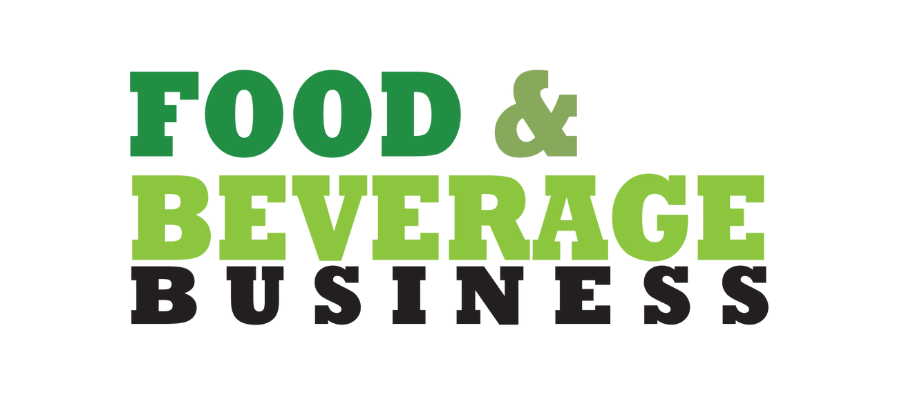
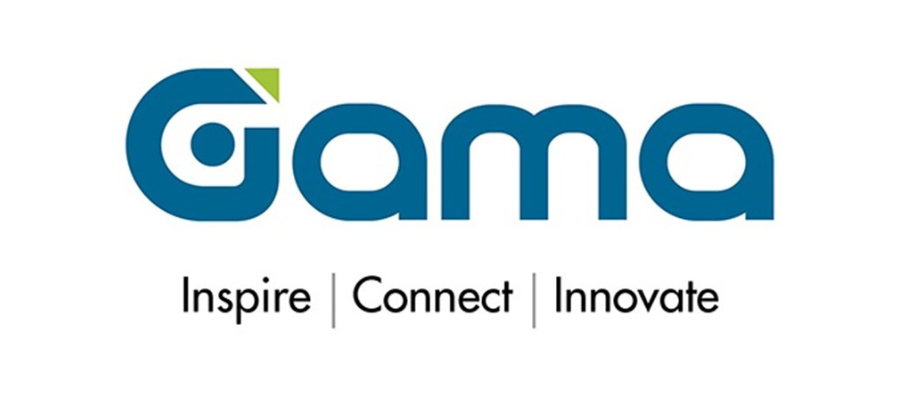
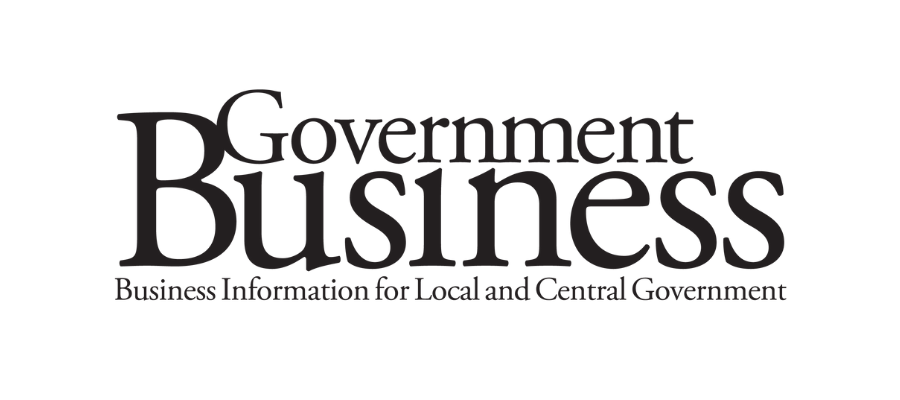
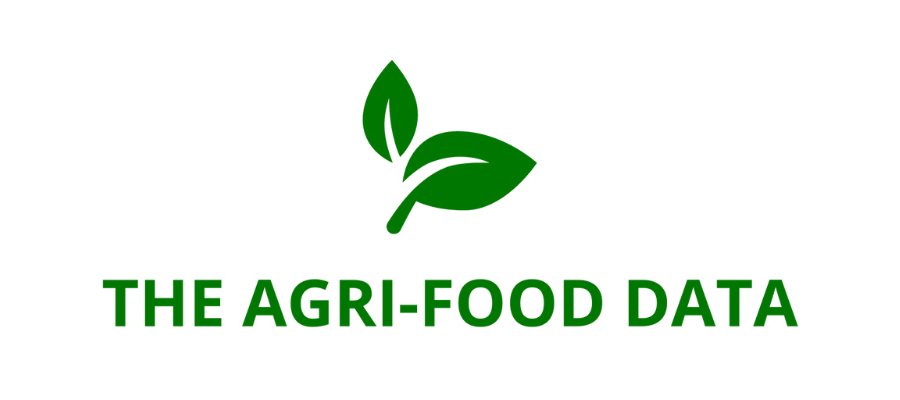
.png)
.png)
.png)
